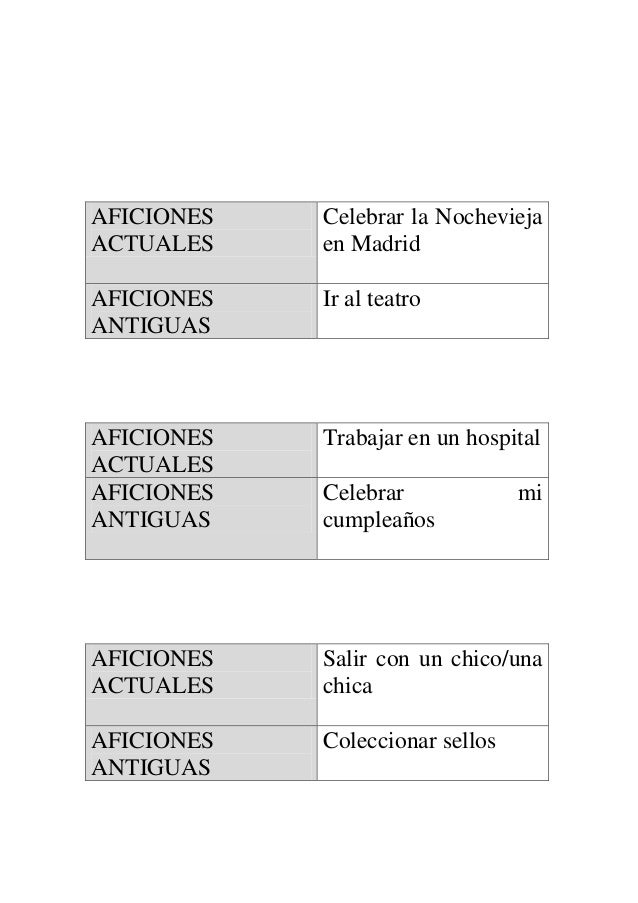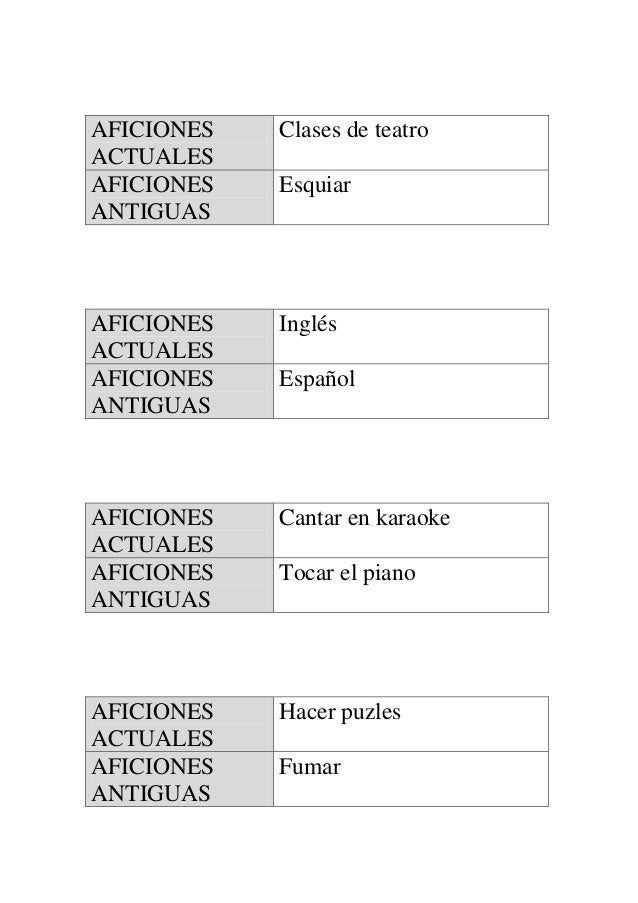
Estar gerundio llevar y seguir gerundio profedeele Artofit
In Spanish we can use the verb llevar followed by a present participle ( Gerundio/Spanish present participle) in order to express the duration of an ongoing action: llevar (conjugated) + present participle. Have a look at the following examples: Carlos lleva trabajando en ese colegio dos años. Carlos has been working in that school for two years.

279 best images about Estar + gerundio on Pinterest
participio de llevar. participio del verbo llevar. past participle llevar. past participle of llevar. present participle llevar. present participle of llevar. Spanish Verb: llevar - to take (literally), wear. Participio (Participle): llevado. Gerundio (Gerund): llevando.

Estar + gerundio. Llevar y seguir + gerundio. ProfeDeELE.es learnspanish Learning spanish
El gerundio en español es, junto con el infinitivo y el participio, una forma no personal de los verbos. Se caracteriza por la terminación - ndo. Se forma añadiendo - ando a la raíz de los verbos acabados en - ar, y - iendo, a la raíz de los verbos acabados en - er e - ir. El gerundio, como el infinitivo, carece de flexión de género y.
Llevar// seguir + gerundio Random wheel
Exercise 1. Form the gerundio of the following verbs. Click on the gray spaces to see the solutions: 1) escuchar - escuchando 2) salir - saliendo 3) contar - contando 4) tener - teniendo 5) leer - leyendo 6) dormir - durmiendo 7) repetir - repitiendo 8) vestir - vistiendo Exercise 2. In this exercise we practice the gerundio after "estar", as part of the Present Progressive.
Infografía del estar + gerundio
vosotros, vosotras. hubisteis llevado. ellos, ellas, ustedes. hubieron llevado. vos. hubiste llevado. *Blue letters in conjugations are irregular forms. ( example) *Red letters in conjugations are exceptions to the model. ( example) *Grayed conjugations are not commonly used today.

Llevar + gerundio
Conjugate Llevar in every Spanish verb tense including preterite, imperfect, future, conditional, and subjunctive.

Llevar + gerundio
tú hubiste llevado. él/ella/Ud. hubo llevado. nosotros hubimos llevado. vosotros hubisteis llevado. ellos/ellas/Uds. hubieron llevado. Futuro perfecto. yo habré llevado. tú habrás llevado. él/ella/Ud. habrá llevado.

Pin en A1/A2
Yes, present tense would translate as has/have been just as it does with hace in the present tense. llevar goes first, the amount of time comes second, the gerund comes third. hi all, here is my question: does llevar + gerundio, give the meaning of "have been" in english? for example, "Ella lleva hablando por dos horas" is the same with "she.
Idiomas Español para extranjeros. Perífrasis llevar + gerundio; seguir + gerundio
llevar + gerundio, para indicar la duración de una acción: - Llevo esperando desde la cuatro. [Empecé a esperar a las cuatro y he seguido esperando hasta ahora]. A veces no se indica el origen de la acción, sino que se cuantifica su duración en horas, días, meses, años, etc. En este caso, esta perífrasis se puede construir como sigue.

Llevar_gerundio
Both venir+gerundio and llevar+gerundio share the fact that they refer to a period of time in the past up until the present, or past anchor point; in this sense they can both be translated using the present/past perfect continuous, e.g. llevo 2 años diciéndote esto, vengo diciéndote esto desde hace dos años = I have been telling you this.

Gramática en español Estar + gerundio. Spanish grammar gerund / present continuous. Aprender
Llevar + participio/adjetivo + desde + fecha/momento: - Mi casa lleva vacíadesde el mes pasado. - La comida lleva servida en la mesa desde las 2 pm y ya está un poco fría. 3) Llevar + gerundio + periodo de tiempo: - Lleváis escuchando la misma canción toda la tarde. / Lleváis toda la tarde escuchando la misma canción.

Resultado de imagen para llevar + gerundio español Learning spanish, Spanish worksheets y
Conjugación verbo llevar en español, ver modelos de conjugación español, verbos irregulares, verbos con doble participio en español. Definición y traducción en contexto de llevar.

Llevar + gerundio
Llevar is a Spanish regular ar verb meaning to take. Llevar appears on the 100 Most Used Spanish Verbs Poster as the 2nd most used regular ar verb.For the preterite tense conjugation, go to Llevar Preterite Tense Conjugation.Llevar Conjugation: Present Tense yo llevo tú llevas él/ella lleva nosotros/as llevamos vosotro.

Llevar + gerundio
Conjugate the verb llevar in all tenses: present, past, participle, present perfect, gerund, etc. English Deutsch български Ελληνικά English Español Français Italiano Polski Português. gerundio compuesto.

El GERUNDIO y todos sus USOS en español IR, SEGUIR, LLEVAR + GERUNDIO 🇪🇸 YouTube
Key Takeaways. The Spanish verb llevar is commonly in referring to what a person is wearing. Llevar is also commonly used as meaning "to carry" or "transport." Llevar has a wide range of other meanings that have more than a dozen English equivalents. The everyday Spanish verb "llevar" can be translated to English in a wide variety of ways.

Gerundio formas regulares e irregulares, EJERCICIOS
Spanish Verb Llevar Conjugation, Usage, and Examples. Él lleva a su hijo en sus hombros. (He carries his son on his shoulders). Klaus Tiedge / Getty Images. The Spanish verb llevar usually means "to take" or "to carry," although it can have several different meanings. Llevar is a regular - ar verb, so it is conjugated with the same pattern as.